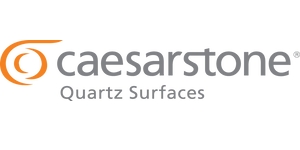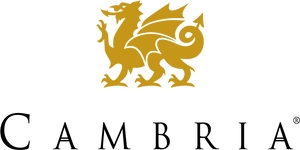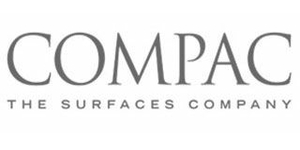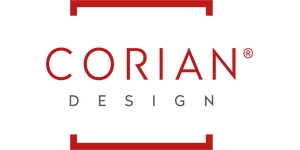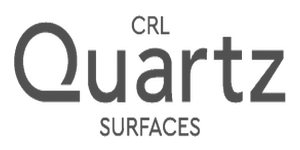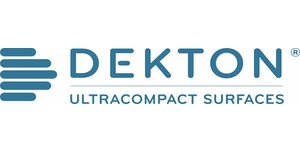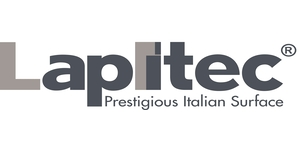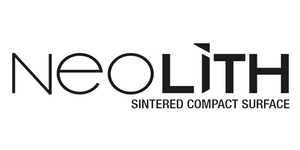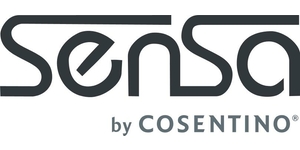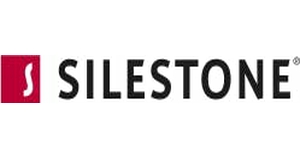With proper care and maintenance, your Quartz worksurface can, and will last a lifetime. Follow these basic guidelines to keep the appearance of your work surface in perfect condition and avoid any damaging effects.
To clean, use the Stone Tops Direct cleaner or alternatively a damp cloth, and if necessary, a small amount of non-bleach, non-abrasive liquid cleanser. For more stubborn items use a household vinegar cleanser with a non-abrasive cleaning pad. Rinse thoroughly with water and dry with paper or cloth towels.
Routine Cleaning:
It is highly recommended that you remain vigilant when it comes to cleaning up spillages of common household items such as tea, coffee, wine, vinegar, fruit juice, cooking sauces etc. It is far easier to clean up these spills when they happen, before they become dried in and stubborn.
Removal of Dried-in Spills:
• Some items harden as they dry and become more difficult to remove from your worksurface. To tackle these kind of spillages, firstly remove any excess with a blunt plastic scraper, then clean the surface with a damp cloth and if necessary a small amount of non-bleach, non-abrasive liquid cleanser. Rinse thoroughly and dry with paper or cloth towels.
Avoiding Oils, Chemicals, Dyes and Solvents:
• Oils, chemicals, dyes, and solvents can permanently damage your worksurface. If you do spill any of these types of product on your worksurface, blot up IMMEDIATELY and rinse with plenty of clean water, repeating if necessary. Dry with paper or cloth towels. Avoid using stripping agents, grease removers, caustic soda or products that have a PH value above 10 Quartz. Do not use solvents that contain dichloromethane, choromethane or methylene chloride.
• Please note that oils and dyes capable of staining can be found in common food items. For example Chinese or Indian take-aways. Therefore, please do not allow spillages from these types of products to remain on worksurfaces for any prolonged amount of time.
Heat:
• Whilst your worksurfaces will withstand moderate degrees of heat we recommend the use of pan stands where possible. Do not place objects recently removed from heat directly onto Quartz worksurfaces
Direct Sunlight Exposure:
• Avoid leaving your Quartz directly exposed to ultraviolet rays for any prolonged length of time as this can be responsible for fading the colour.
Chipping and Cracking:
• Avoid dropping, knocking or rubbing objects on the edges of Quartz worksurfaces.
Granite worktops provide a durable, hygienic work surface which when used with care will last a lifetime. It should be appreciated however that granite is a natural material which does need proper care and attention to ensure maximum serviceability. The following care and maintenance guidelines should therefore be observed.
Care should be taken to ensure that materials likely to cause staining (such as acidic fruit like lemon, lime, vinegar based sauces, abrasive cleaning products, bleach etc) are kept away from direct contact with the stone worktop.
Your granite worksurface has been treated with a proprietary sealer in the workshop as the final part of the production process, prior to delivery and installation. This sealer impregnates deep into the surface of the stone to prevent staining problems occurring.
Routine Cleaning:
• On a day to day basis granite simply use the Stone Tops Direct cleaner or just wipe down with a warm soapy water, then buff dry with a soft, clean cloth to restore its natural beauty.
• Contrary to popular belief all granite is porous to some degree and whilst it has been sealed it is still important to wipe up all spills immediately. Cooking oils, red wine, lemon juice, dark fruit juice, beetroot etc. can all cause staining if left on the worksurface for any length of time – so be diligent and wipe up quickly should spills occur.
Stubborn Marks:
• In the event of any stubborn marks appearing, firstly wipe the granite surface clean with warm soapy water and then try the triple action refresher spray. For hardened substances, such as food etc. remove by gently scraping the material off the granite with a blunt plastic blade, then wash off with warm water.
Heat Resistance:
• Granite is extremely resistant to heat and can withstand moderately high temperatures for a brief period of time without causing surface damage. Do not however put very hot objects directly onto the worksurface, as extreme sudden heat changes can damage the granite beyond repair. Always use a pan trivet to protect your surfaces from extreme heat of this kind.
Chemicals to avoid:
• Avoid exposing your granite to strong chemicals, solvents and aggressive / abrasive oven cleaners e.g. neat bleach, caustic soda, scouring powders, paint stripper, nail polish remover, concentrated disinfectants and any chlorine based products. If any of these solutions are spilt on the granite, rinse off immediately with plenty of clean water to minimise their effect.
General Precautions:
Although your granite worksurfaces are extremely scratch and heat resistant, we recommend that you protect them by using chopping boards at all times during food preparation / cutting operations.
Do not use grease removers on your granite as these can dull the polish and cause staining.
It is possible to chip granite, particularly on the more vulnerable edges, so avoid any hammering operations and try not to let heavy or pointed objects strike the top of your granite worksurface.
Ceramic worktops only require little maintenance.
Routine Cleaning:
• On a day to day basis granite simply use the Stone Tops Direct cleaner or just wipe down with a warm soapy water, then buff dry with a soft, clean cloth to restore its natural beauty. Majority of pH balanced general-purpose cleaners can also be used.
To remove difficult spills:
The best method is to wipe the surface using a pot and pan soap and scrub and then rinse with warm water.
For stains that harden as they dry:
Some foods such as gum, nail polish, and paint become harder as they dry. To remove, gently scrape off of surface using a blade or a putty/plastic knife. To clean, use warm water and soap. Grey marks left by the knife, can be wiped away with soap and water or glass cooktop cleaner.
Extreme Heat Protection:
• Ceramic is extremely resistant to large fluctuations in heat and cold. It is recommended that you use a trivet to place the hot items. Heat can be transferred from the hot item onto the surface and cause damage.
Chemicals to Avoid:
• Avoid exposing your ceramic to strong chemicals and solvents for an extended period of time. The Ceramic materials are Stain proof to many household cleaners, but do not leave cleaners exposed to the surface for a lengthy period of time. Ensure that Hydrofluoric acid never comes in contact with the surface.
General Precautions:
• Although Ceramic materials are extremely scratch resistant, it is recommended that you use a chopping/cutting board. Cutting with knifes will leave marks called “metal transfer” which can be removed using the methods above, but it is easier to use a board instead. Another reason not to use your knifes is that the Ultra Compact surface will blunt your knives.
• It is possible to chip Ceramic, particularly on the more vulnerable edges, so avoid any hammering operations and try not to let heavy or pointed objects strike the top of your granite worksurface.
Dekton worktops only require little maintenance.
Routine Cleaning:
• On a day to day basis granite simply use the Stone Tops Direct cleaner or just wipe down with a warm soapy water, then buff dry with a soft, clean cloth to restore its natural beauty. Majority of pH balanced general-purpose cleaners can also be used.
To remove difficult spills:
The best method is to wipe the surface using a pot and pan soap and scrub and then rinse with warm water.
For stains that harden as they dry:
Some foods such as gum, nail polish, and paint become harder as they dry. To remove, gently scrape off of surface using a blade or a putty/plastic knife. To clean, use warm water and soap. Grey marks left by the knife, can be wiped away with soap and water or glass cooktop cleaner.
Extreme Heat Protection:
• Dekton is extremely resistant to large fluctuations in heat and cold. It is recommended that you use a trivet to place the hot items. Heat can be transferred from the hot item onto the surface and cause damage.
Chemicals to Avoid:
• Avoid exposing your Ultra Compact surface to strong chemicals and solvents for an extended period of time. The Ultra Compact materials are Stain proof to many household cleaners, but do not leave cleaners exposed to the surface for a lengthy period of time. Ensure that Hydrofluoric acid never comes in contact with the surface.
General Precautions:
• Although Ultra Compact materials are extremely scratch resistant, it is recommended that you use a chopping/cutting board. Cutting with knifes will leave marks called “metal transfer” which can be removed using the methods above, but it is easier to use a board instead. Another reason not to use your knifes is that the Ultra Compact surface will blunt your knives.
• It is possible to chip Dekton, particularly on the more vulnerable edges, so avoid any hammering operations and try not to let heavy or pointed objects strike the top of your granite worksurface.







